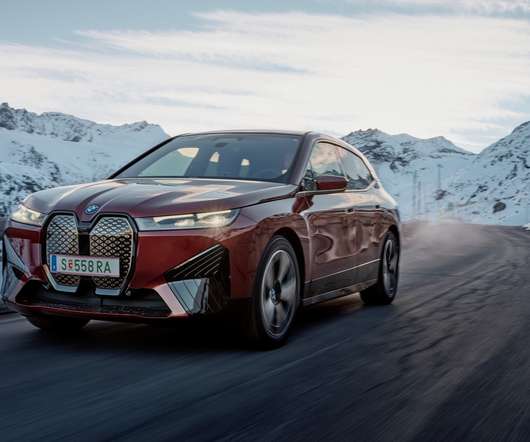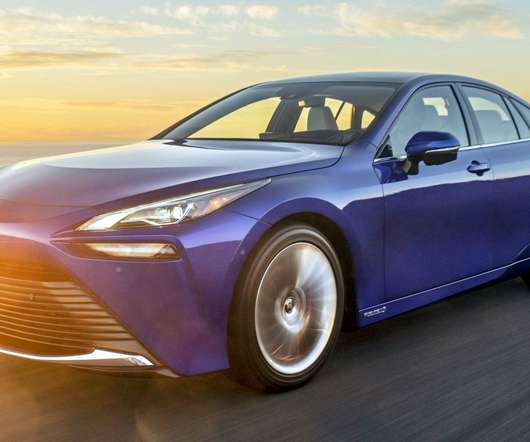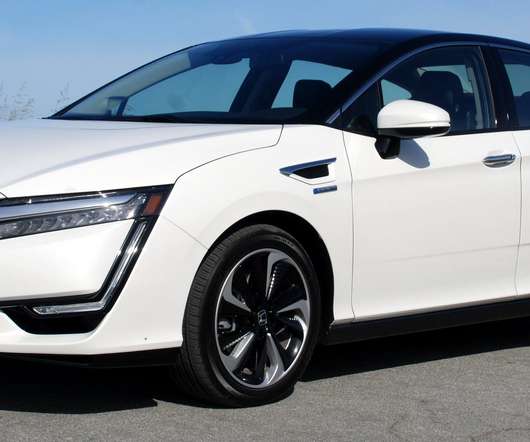BMW boss argues hydrogen will be next big thing after electric cars
Teslarati
OCTOBER 19, 2022
Oliver Zipse, the chairman of BMW AG, seems to acknowledge that electric vehicles are inevitable. And in a recent set of comments, Zipse revealed that he believes hydrogen cars will be the “hippest thing to drive” after the electric vehicle age. However, he is also looking beyond the age of EVs.












Let's personalize your content